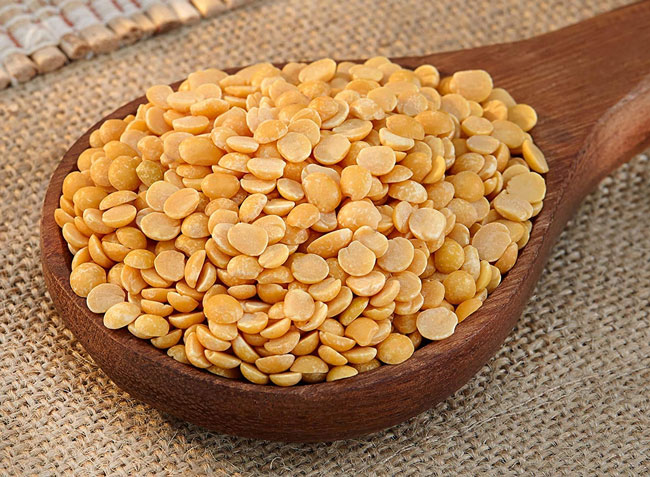Often, the foods people consume thinking they are healthy may actually be harmful to their health in the long run. The same can be true for toor dal (pigeon pea). Toor dal, known for its warming properties, is rich in nutrients such as potassium, carbohydrates, sodium, fiber, magnesium, iron, and calcium. It is also a rich source of protein. However, despite its health benefits, toor dal may actually harm the health of certain individuals. Let’s explore who should avoid consuming toor dal.
Who Should Avoid Eating Toor Dal:
- Kidney Patients: Individuals with kidney problems should avoid consuming toor dal. This dal contains high levels of potassium, which can exacerbate kidney issues. Excessive consumption of toor dal can also increase the risk of kidney stones.
- Obesity: Toor dal is calorie-dense. If you are already on a weight loss journey and unknowingly consuming too much of it, it can hinder your progress by contributing to weight gain. Excess calories and protein intake can lead to rapid weight gain.
- Hemorrhoid (Piles) Patients: Due to the high protein content in toor dal, individuals suffering from hemorrhoids (piles) should limit their intake. The protein in toor dal takes a long time to digest, which can lead to constipation and worsen hemorrhoid symptoms, causing swelling and bleeding in some cases.
- May Raise Blood Sugar Levels: Consuming large quantities of toor dal can increase blood sugar levels. Toor dal has a high glycemic index, and excessive consumption can cause a rapid spike in blood sugar, which may pose a danger to people with diabetes.
- Allergies: People who are allergic to toor dal should avoid it completely. Consumption can trigger allergic reactions such as skin rashes, itching, and red spots.
If you belong to any of these categories, it’s important to be cautious and consult with a healthcare provider before including toor dal in your diet.




